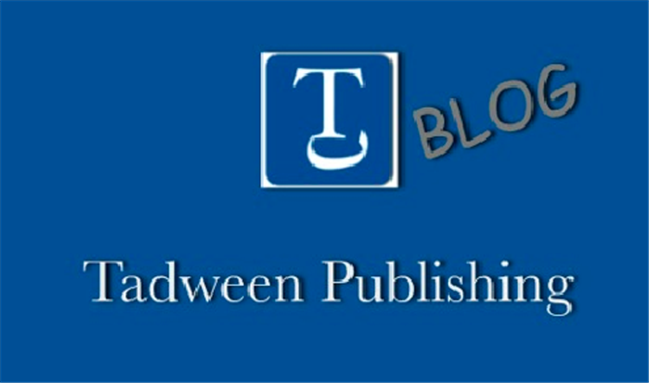[The following article was originally published on Tadween Publishing`s blog. For more information on the publishing world as it relates to pedagogy and knowledge production, follow Tadween Publishing on Facebook and Twitter.]
Aaron Swartz, a passionate defender for the freedom of information, committed suicide on 11 January, ending his life of twenty-six years. Swartz’s death comes after months of legal conflict following his downloading of millions of JSTOR-hosted journal articles with the intention to make the material accessible to the public.
“Information is power,” wrote Swartz in his Guerilla Open Access Manifesto in July 2008. “But like all power, there are those who want to keep it for themselves.” Throughout his life, Swartz sought to protest this idea and the act of withholding knowledge and information from the public or putting a price tag on it.
Swartz’s life as a technological genius began at an early age. At fourteen, he helped develop RSS software, and, shortly thereafter, cofounded Reddit. While Swartz’s ability as a creator remains remarkable, his role as a defender of free access to information and knowledge is what he will be remembered for and what lead to his untimely death. Glenn Greenwald writes in the Guardian that Swartz “committed himself to the causes in which he so passionately believed: internet freedom, civil liberties, making information and knowledge as available as possible.”
In June 2011, Swartz was arrested and accused of gaining illegal access to millions of JSTOR articles with a restricted MIT computer. According to the New York Times, Swartz faced charges related to “wire fraud, computer fraud and unlawfully obtaining information from a protected computer.” He was scheduled to go on trial in April 2013 and could have faced over thirty-five years in prison and millions of dollars in fines if convicted. (Ars Technica has a detailed description of Swartz’s actions leading up to his indictment, which can be read here.)
Swartz was a vocal critic of restrictions to freedom of information online and the founder of Demand Progress, a progressive civil liberties organization known for its successfulcampaign against internet censorship bills SOPA (Stop Online Piracy Act) and PIPA (Protect IP Act). Reflecting on the against-the-odds defeat of SOPA and PIPA in a passionate speech delivered at the May 2012 Freedom to Connect conference in Washington, DC, Swartz warned, “The enemies of the freedom to connect have not disappeared.”
The activist’s suicide has already prompted a petition to the White House for the removal of US Attorney Carmen Ortiz, who, even though JSTOR refused to press charges, pursued a superseded indictment, raising the number of felony charges against Swartz from four to thirteen. “Stealing is stealing,” Ortiz had previously stated, “whether you use a computer command or a crowbar, and whether you take documents, data or dollars.” On 14 January, the US Department of Justice formally dismissed all pending charges against Swartz.
Swartz’s death is a devastating loss for his family and friends, but also for those who have fought alongside him in the battle for open access and freedom of information.
With an unfortunate irony, Swartz’s suicide comes two days after an announcement by JSTOR that it will make the archives of more than 1,200 journals available to the public for free, giving those who sign up “read-online access” to three articles for every two weeks. Although JSTOR’s decision to move closer to open and free access is a step in the right direction, Swartz’s death overwhelms this welcome news. If anything can be gained from this tragedy, it is that Swartz’s death has brought the barriers and tactics governments and companies use to prevent and control access to information under heightened scrutiny.
In Tadween Publishing’s next blog post we will further investigate JSTOR’s pricing and regulations so as to delve deeper into the issue of open access.

![Now Available at Tadween Publishing in Partnership with Tadamun: "Planning [in] Justice العدالة في التخطيط"](https://kms.jadaliyya.com/Images/135x94xo/covers210326041535580~.png)
















